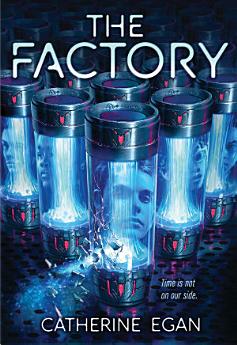The Factory
អំពីសៀវភៅអេឡិចត្រូនិកនេះ
Thirteen-year-old Asher Doyle is no stranger to misfortune. Bullied at school and struggling with problems at home, he dreams of the day he can leave it all behind him. That's when he receives an unexpected opportunity: an invitation to join the Factory -- a top-secret research facility that's supposedly developing renewable energy -- and Asher will be paid handsomely for his participation. It seems like the answer to all his problems.
But not everything is as it seems at the Factory. The other kids in the program are tired and sullen, almost as if they've had the life sucked out of them, and the staff members are clearly hiding something. What's more, Asher discovers he wasn't chosen at random; someone in the program desperately wants him to participate. Asher can't help but feel that whatever the Factory is doing, it's not what he or any of the other kids signed up for.
To Asher's horror, it turns out that the Factory isn't developing renewable energy at all. So what is the Factory up to, more important, why? As conditions in the Factory worsen, Asher must team up with the other kids to uncover the sinister truth behind the experiment -- and his personal connection to it -- before someone gets seriously hurt.






